
Neck Gaiters May Protect Against COVID-19 Spread
- 2020-10-13
- 2420
October 12, 2020 -- Although neck gaiters aren’t the recommended face covering for slowing the spread of the coronavirus, they still provide more protection than no face covering at all, according to a new study by researchers at the University of Georgia.
The study hasn’t yet been published or peer-reviewed, but it sheds light into potential options as people don face coverings this fall.
“Per CDC guidelines, using face covers to prevent the spread of COVID-19 is of the utmost importance,” Suraj Sharma, the lead author and a professor of textiles and merchandising, said in a news release.
According to CDC recommendations last updated on Aug. 27, the ideal face covering should have two or more layers of washable, breathable fabric and completely cover the mouth and nose. The CDC urges caution for gaiters, saying that “evaluation is ongoing but effectiveness is unknown at this time.”
“The level of protection provided by a face covering appears to be substantially driven by the number and quality of layers of material and not whether it’s in the form of a gaiter or a mask,” Sharma said.
Sharma’s team modeled their research on a previous study by Duke University, which used a laser to measure respiratory droplets after different types of masks were worn while speaking. In that study, cotton masks with multiple layers reduced the spread better than bandanas and neck gaiters. The study was published in Science Advances in early August.
For the UGA study, researchers used a 3D-printed box to reduce environmental air particles, a Class 1000 clean room and a laser. They tested four bestselling two-layer cloth face masks from Amazon, five of the top single-layer gaiters from Amazon and three multi-layer gaiters from Mission, a textile accessories company that provided funding for the study.
During the study, participants said “Stay healthy, people” five times through each material, and droplets were measured during a 40-second period. A computer algorithm calculated the number of remaining droplets at both the 30-second and 40-second marks. They tested each face covering three times.
Overall, single-layer gaiters provided a 77% average reduction in respiratory droplets compared with wearing no face covering. Two-layer masks provided an 81% reduction, and multi-layer gaiters made with polyester and spandex provided a 96% reduction.
“There has been a tremendous amount of conflicting information put out in recent months on face coverings, leading many people to believe that gaiters provide little to no protection, relative to masks,” Sharma told Yahoo Life.
“Fighting this pandemic requires us to encourage everyone to wear face coverings, and excluding a very popular face covering is a mistake,” he said.
-
 2022-04-26Are air purifiers environmentally friendly ?
2022-04-26Are air purifiers environmentally friendly ? -
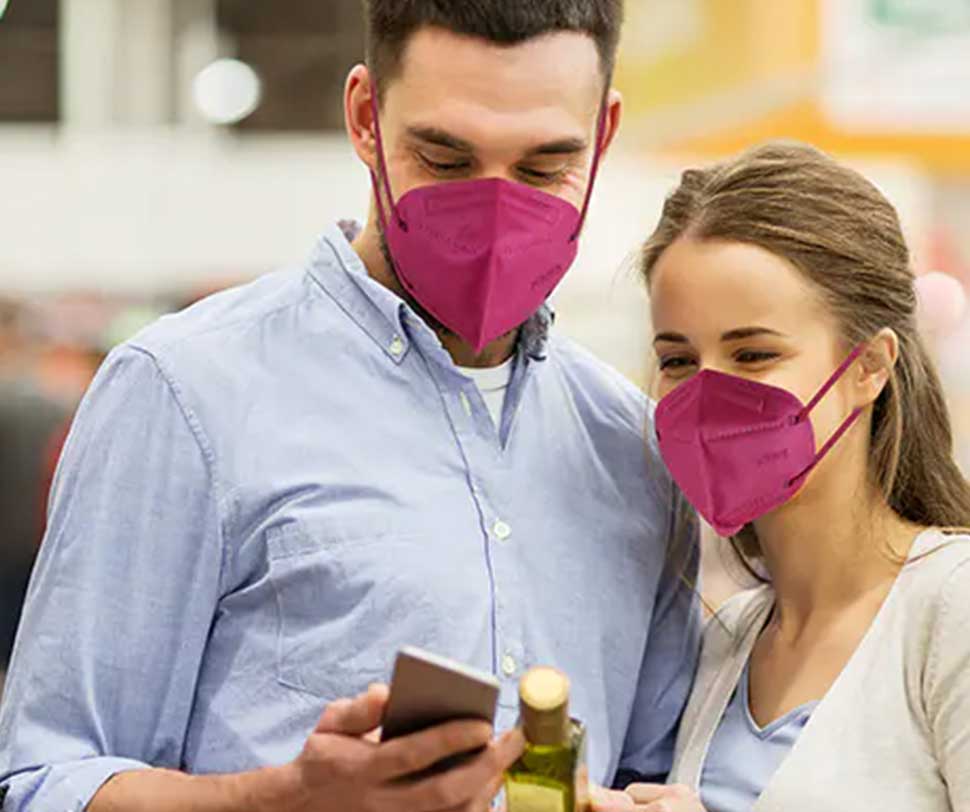 2022-04-26The importance of wearing a mask correctly
2022-04-26The importance of wearing a mask correctly -
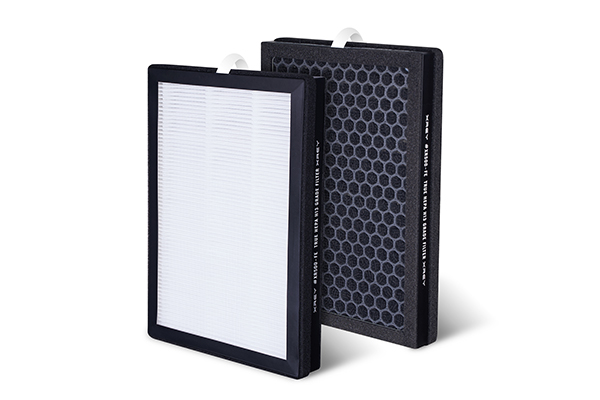 2022-04-27Connexions Air H13 True HEPA Filters
2022-04-27Connexions Air H13 True HEPA Filters -
 2022-04-29What is the use of anion function of air purifier?
2022-04-29What is the use of anion function of air purifier? -
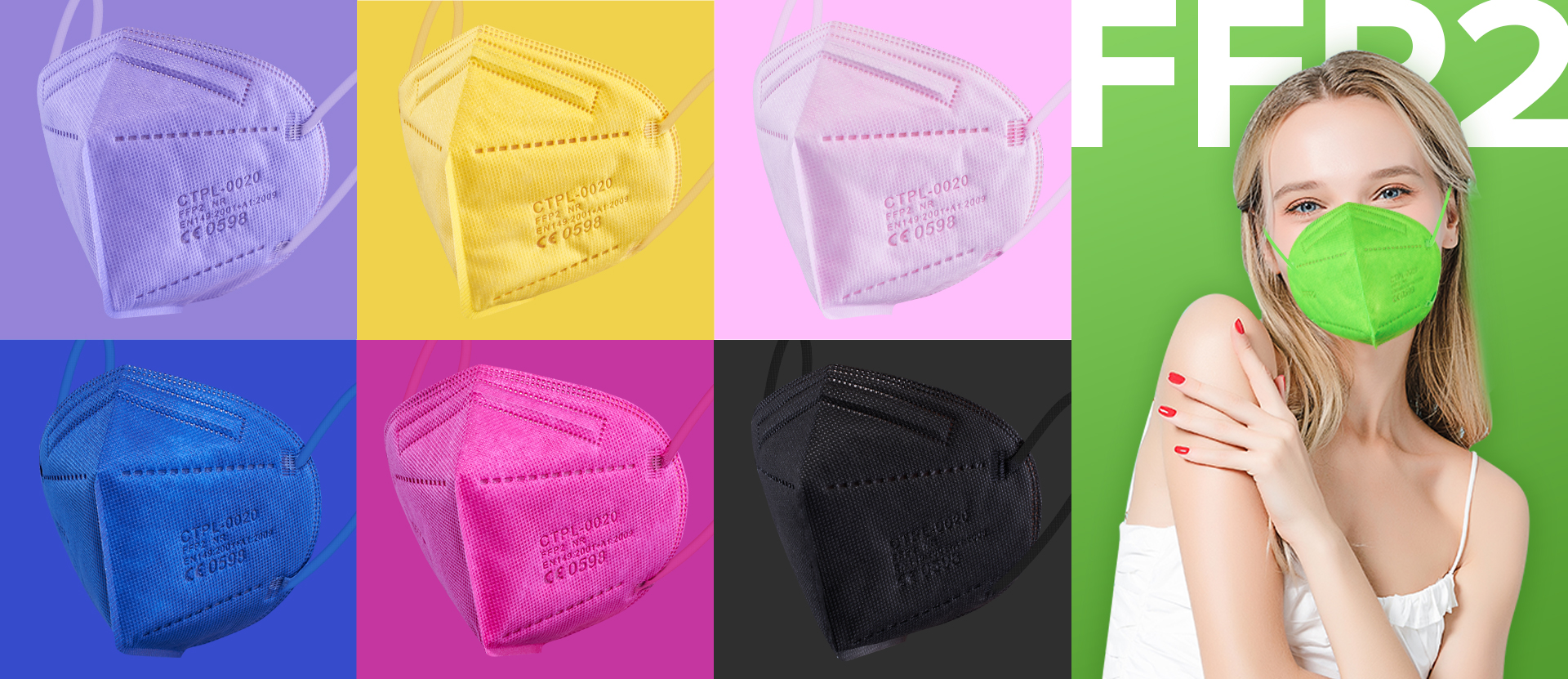 2022-05-08Standardize the wearing of masks, children should not be missed!
2022-05-08Standardize the wearing of masks, children should not be missed! -
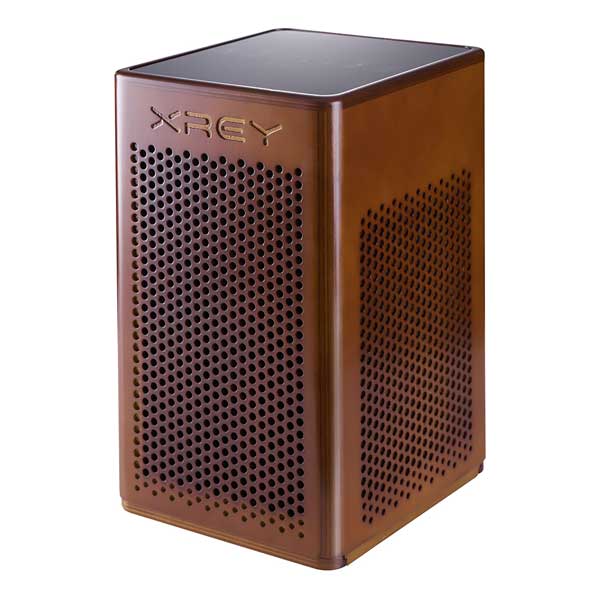 2022-05-16Hazy days, air purifiers are useful?
2022-05-16Hazy days, air purifiers are useful? -
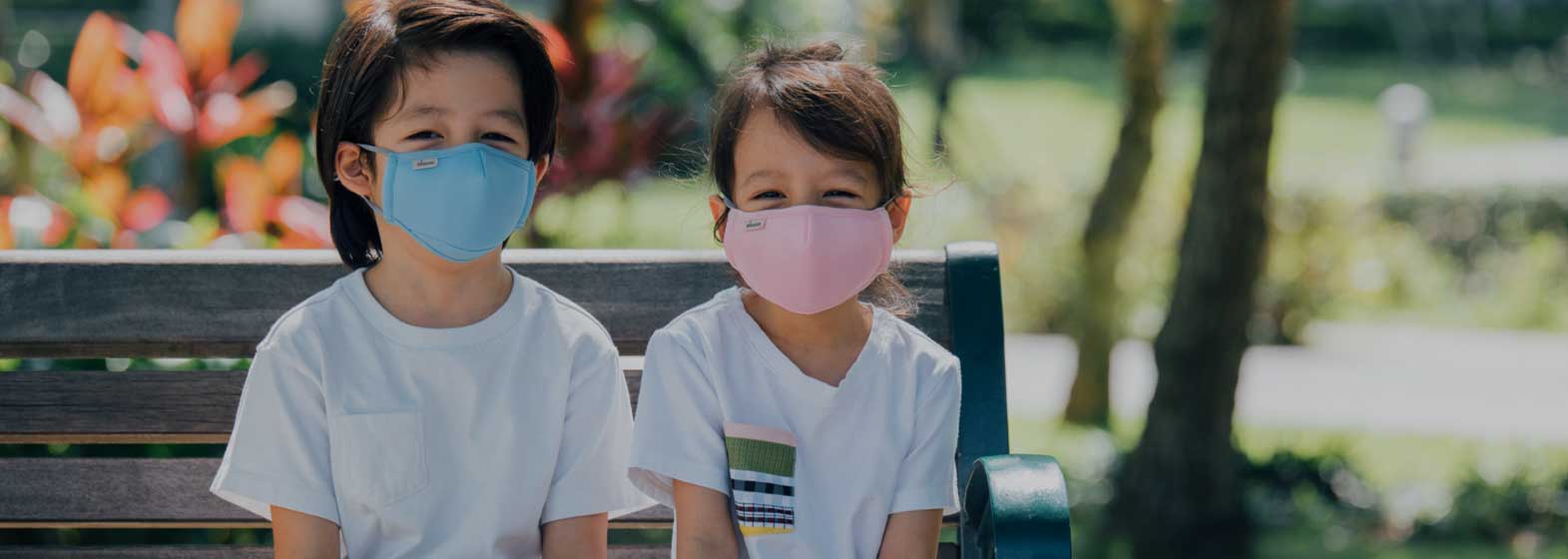 2022-05-16Attention everyone! Don't buy fake FFP2 masks! How do we identify?
2022-05-16Attention everyone! Don't buy fake FFP2 masks! How do we identify? -
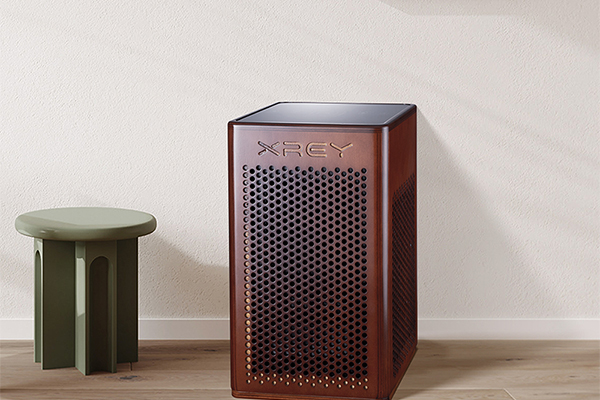 2022-05-17Pay attention to secondary pollution when using air purifiers
2022-05-17Pay attention to secondary pollution when using air purifiers -
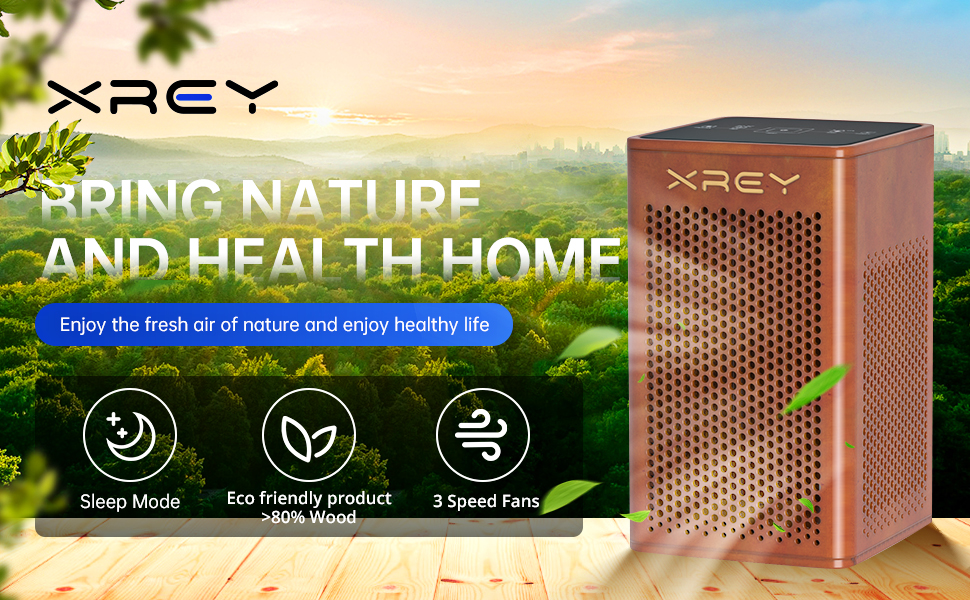 2022-05-17TOP5 pollutants that the purifier can purify
2022-05-17TOP5 pollutants that the purifier can purify
-
 2020-06-02Why do Face Masks Matter With This Coronavirus
2020-06-02Why do Face Masks Matter With This Coronavirus -
 2020-06-02How to Wear Mask
2020-06-02How to Wear Mask -
 2020-06-02Three Principles of Choice of Masks
2020-06-02Three Principles of Choice of Masks -
 2020-06-022020 Situation of Mask Market
2020-06-022020 Situation of Mask Market -
 2020-06-17What other preventative measures can you take to protect yourself from airborne substances?
2020-06-17What other preventative measures can you take to protect yourself from airborne substances? -
 2020-06-08The Advantage of Disposable Face Masks
2020-06-08The Advantage of Disposable Face Masks -
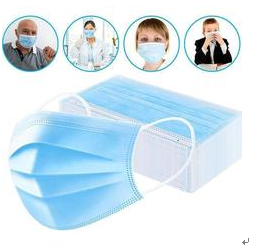 2020-06-093 Ply Disposable Face Mask & Soft & Comfortable Ear Loop
2020-06-093 Ply Disposable Face Mask & Soft & Comfortable Ear Loop -
 2020-06-17What are the regulations for surgical face masks?
2020-06-17What are the regulations for surgical face masks? -
 2020-06-09Do I need to wear a face mask if I am quarantined?
2020-06-09Do I need to wear a face mask if I am quarantined?
CONTACT US


Connexions Technology (Dongguan) Ltd.
We are always providing our customers with reliable products and considerate services.
If you would like to keep touch with us directly, please go to contact us
